IT experts vs. minister. Does Uzbekistan need a national messenger?
The government of Uzbekistan has announced a competition for the development of a national messenger and social network. Such attempts have been observed many times before, but none of them have been successful. Kun.uz was interested in the opinions of the Minister of Innovative Development and ICT experts who are holding the competition.
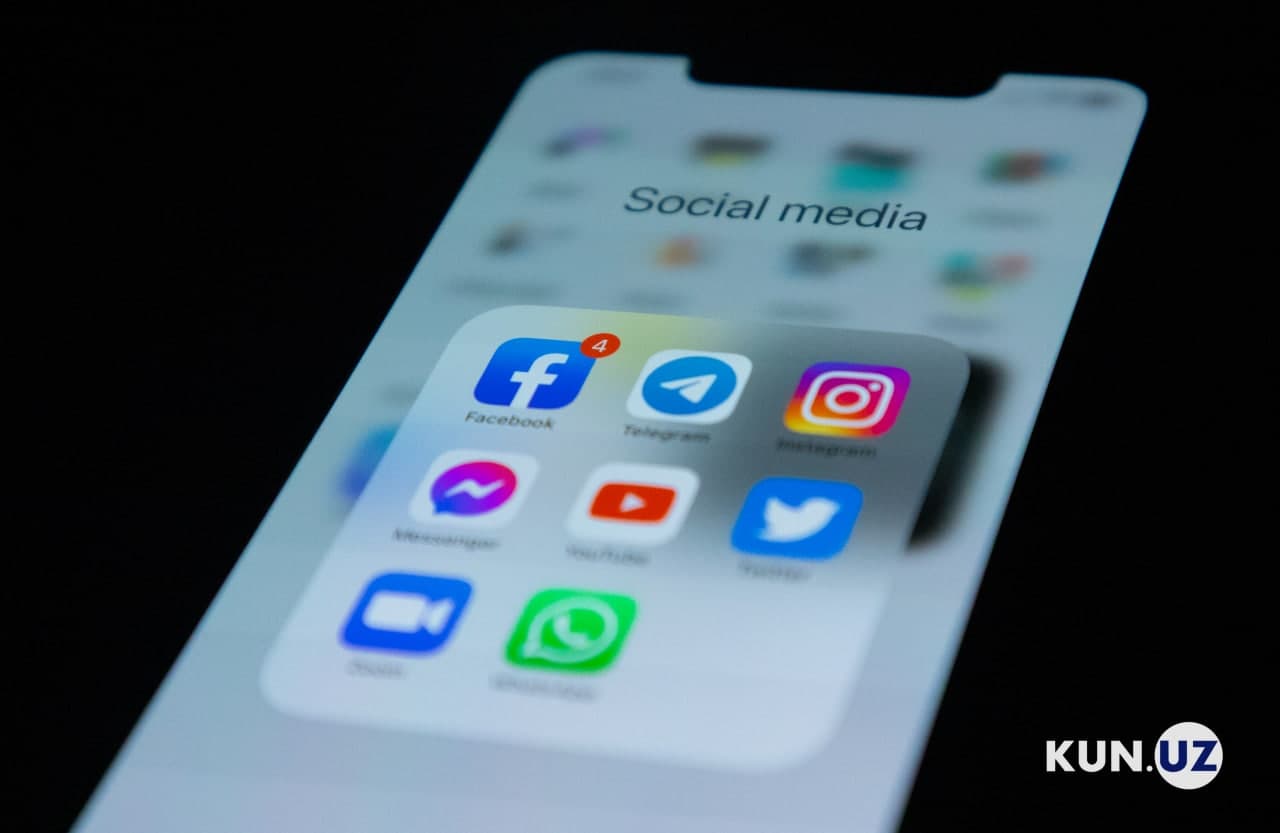
Photo: kun.uz
What’s going on?
According to the 2022 state program, it is decided to create a national social network and messengers in Uzbekistan. The deadline for this is until the end of the year.
According to the program, the goal is to protect personal data of citizens. As reported by Kun.uz, the created program, the national social network and the system of giving them tax benefits depending on the increase in the coverage of the audience of messengers will be established.
By the end of July, the Ministry of Innovative Development announced a competition in this regard. Applications are accepted until October 1. Startup authors should be based on their own innovation and technology.
It is not yet known how much money was allocated to the contest winner. In the official message, it was noted that the competition will be organized in accordance with the regulation “On the procedure for approval, financing and implementation of startup projects” approved by the government decision No. 133 dated March 9, 2020, and will be financed by the ministry for a maximum of 1 year.
The regulation stipulates that financing start-up projects shall be carried out in accordance with terms of the contract concluded between the customer, the applicant and the Science Financing and Innovation Support Fund.
“The state should not take the initiative!”
Announcement of a competition for developing a national messenger and social network by the state body caused objections from Uzbek internet users and industry experts. According to critics, national networks are not gaining popularity in the shadow of popular global networks, which is nothing more than a waste of budget money, as evidenced by the fact that previous attempts have not yielded any results.
Moreover, this initiative should come from the private sector and not from the state. Experts say that there will always be investors who will bet on successful startups.
Kun.uz was interested in the opinions of a number of industry experts.
“It’s good to have national social networks and messengers, but they should be created naturally without government intervention”
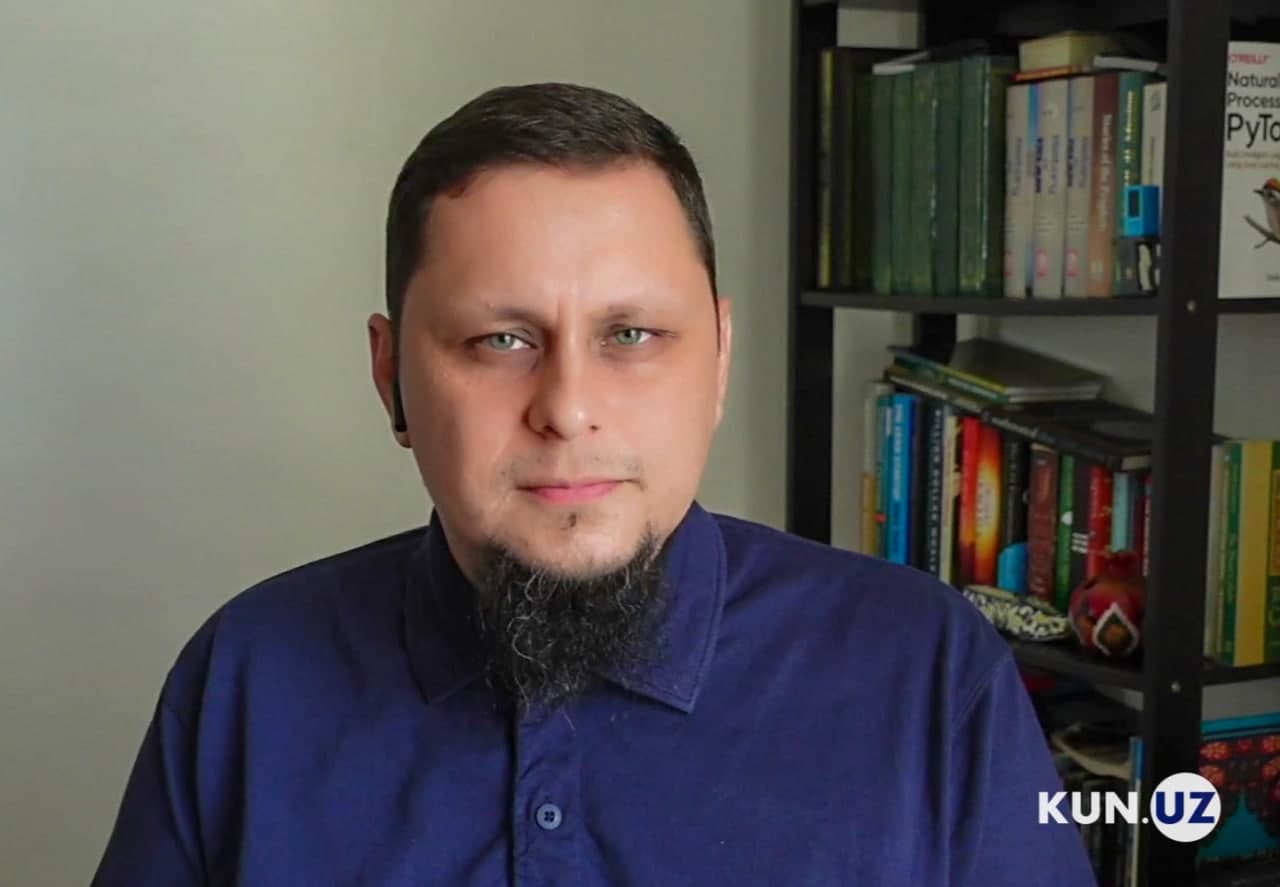
Anvar Narzullayev, leading specialist of the Information Security Department of University Science Islam Malaysia, DSc:
- In general, I consider it a positive situation to have our own national social network. Usually, social networks of foreign countries operate according to the laws of this country. Sometimes these things can lead to account blocking, which means that some accounts are blocked for posts or comments that don’t fit the Western or American agenda. Such nuances can be cited a lot.
It is good to have our own domestic product to prevent these things and to develop IT in general. But I consider it a big mistake that this thing is done on the basis of a state order, on the basis of a tender. Such products, that is, local social networks and messengers, should appear naturally. First of all, it is desirable for them to be created by private companies. Secondly, such a product should be able to compete with other social networks on the market, for example, with Facebook, Instagram or Telegram.
In order to compete, it will be necessary for us to show some of our advantages. That is, why should we use the Uzbek national product? At the same time, it must have some advantages over existing social networks and messengers. It will be a successful startup only if it can overcome this competition. It will not happen overnight, it will take years.
If we take the example of other countries, for example, in South Korea, they do not use Facebook, Instagram, etc., they use their own local programs. They even created a national search engine instead of Google. These platforms have evolved over decades. In our country, the process should take place naturally, it should not be ordered by the state.
If the state deals with this, there are two problems. The first is software production. There may not be a direct problem here, but government intervention in product introduction, publicity, marketing, advertising, etc. is ineffective, which means that it is difficult to do these things. As a result, it can always turn to methods such as monopoly or coercion. That is, there is a possibility that foreign social networks will be blocked and users will be forced to use local products, and this will lead to negative consequences.
Government production or financing local products also leads to people’s mistrust. Because after the national social network is produced under the auspices of the state, every post, every comment will be under control. How is the security of users’ personal information ensured in such a situation? The confidence of our people is not high yet.
Another problem is how the state will provide this thing from the technical side later? Because social networks need to be constantly provided with servers and electricity. This requires a lot of resources. That is, millions of dollars are required to be allocated annually, and thousands of specialists must work on it. Who will do these things? Private sector or government?
The bottom line is that such projects are usually carried out by large private companies, even if we talk about the example of Russia. Of course, over time, these will also be under state control, that is, they will start working on the basis of legislation in Uzbekistan.
“The ministry should support basic research”

Bakhodir Akhmedov, Dean of Akfa University:
- I know that a tender for the creation of a national messenger has been announced. My opinion on this issue is negative. Telegram messenger is very popular in our country. According to some data, Telegram has more than 18 million active users in Uzbekistan.
One of the biggest advantages of Telegram is low traffic usage and safe storage of messages. To achieve these things, images and videos are compressed using very advanced algorithms. Or if not, any message is encrypted using very sophisticated technologies.
I think that the Ministry of Innovative Development would have contributed more to the field if it supported the creation of such algorithms and technologies. Because the private sector does not have the opportunity to make long-term investments in fundamental research. But later, using these created technologies, they can effectively create messengers and other services.
“I don’t see the possibility of creating a competitive messenger in the current conditions of Uzbekistan”
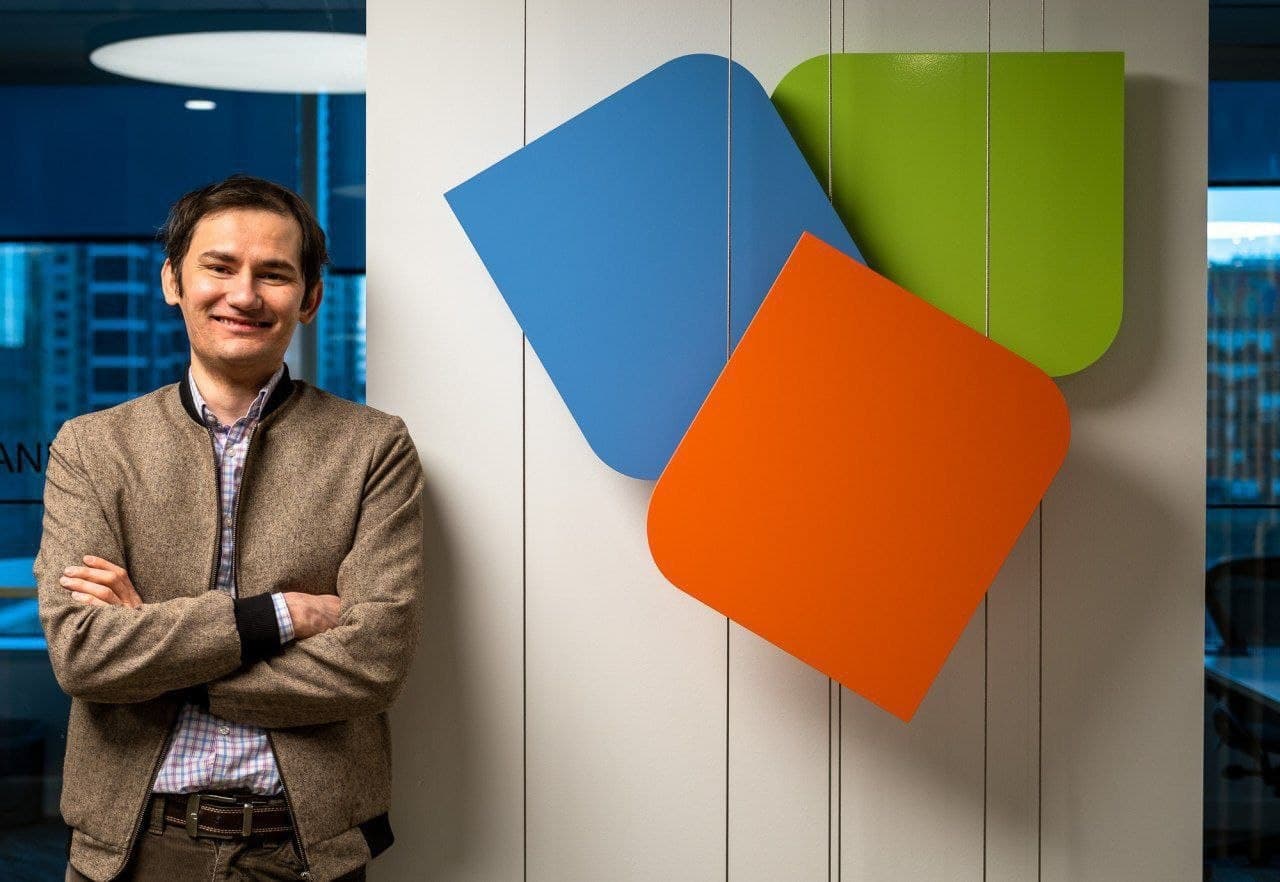
Farkhod Fayzullayev, founder of Muloqot.uz social network and “Daryo” internet publication, IT specialist:
- Theoretically, it is possible to create a national messenger and social network, and it can be popular. In order for national platforms to become popular and widely used by people, they need to have their own characteristics.
For example, Telegram managers always emphasize that they are the most secure platform, no one can see the correspondence of users, and personal data of users is not provided to security services. In addition, Telegram advertises that they work fast, their messenger works even in places with low internet quality.
When a national messenger or a social network is developed, there should be opportunities, uniqueness that no other platform has. Before there were things called TasIX, by now it is no longer important at all. Now it is necessary to come up with some kind of “stuff” to be able to attract people.
From a practical point of view, such platforms can be invented and developed, but it will cost millions of dollars. More importantly, you will need personnel who can carry out this work. I am not saying only programmers, they are needed in the first place, it is true, but designers, marketers are required to help them.
In addition, the infrastructure, servers, internet, etc. are necessary for the national messenger and social network to function properly.
I am unable to carry out such a large-scale work in the current conditions of Uzbekistan. Because there is no resource. It could be done if there were resources. For example, even if we take Russia, they have made very good progress in IT, but they entered the market from the 90s, that is, when there was less competition. But now, when all the segments are already occupied, it takes a lot of money and resources to create a national product to enter the market.
Various e-books, dictionaries, mobile applications, websites, databases, information systems mixed with the sauce of innovation...

Shavkat Khamidjonov, programmer, IT specialist:
- I consider development of a national messenger and social network to be waste of money or just money laundering. There were such attempts before: there were national social networks named Sinfdosh.uz, Davra.uz, messengers named Anor, UzChat. Where are they now? Are they operating? No!
Messenger is a very resource-intensive project. Very powerful and large servers are needed, and strong programmers are required to work on it. Why do people like Telegram? First of all, for speed. The speed and quality of the Internet in our country cannot be praised. But Telegram works well even in areas with the slowest internet. The national messenger that will be created should be a competitor to it.
Now employees of the state bodies themselves communicate and exchange documents on Telegram. It cannot be denied that this can have negative consequences in terms of information security. Therefore, it is enough to improve the systems used by civil servants to exchange information.
This project can be developed only if it comes from private business. After starting as a startup and having certain development prospects, private investors will be willingly fund it. It is not necessary to spend money from public funds.
We can only be happy if a national social network is developed in our country, but it should be a private initiative and no public money should be used. In general, this is my opinion about various “innovative” projects that have no social benefit. Various e-books, dictionaries, mobile programs, internet sites, databases, information systems mixed with the sauce of innovation... Such projects, which receive money from the state’s pocket, should receive money from private investors, if they are really useful.
Minister: “This is a long-term project”
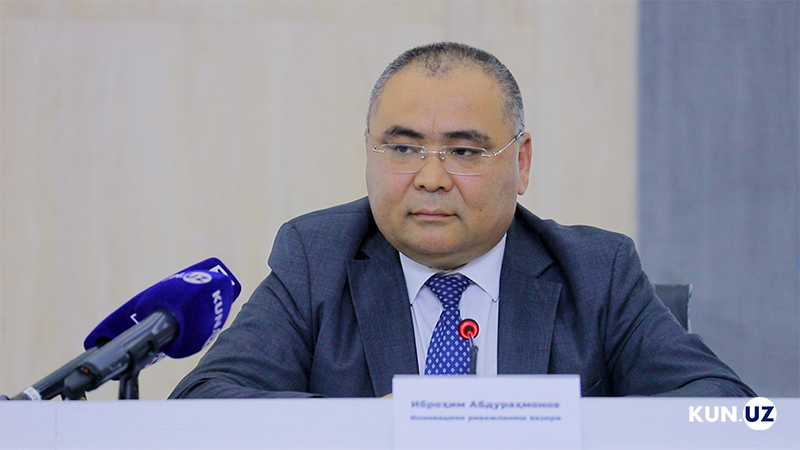
The Ministry of Innovative Development issued an official statement after the announcement of the competition for the creation of a national messenger and social network was negatively received by the public. It is noted that creation of a national messenger is included in the innovative development strategy of the Republic of Uzbekistan in 2022-2026 and this task is formed based on the real demand of economic sectors.
“Based on international experience, market demand and advantages and disadvantages of existing messengers, the strongest projects will be funded. On the other hand, we also understand that to create such a messenger and achieve its widespread use, a lot of promotion work should be carried out. The national messenger to be created can be popular only if it is better than the messengers currently used by our population.
At this point, WeChat used in China is not only a communication and file exchange tool, but also a fully functioning payment system and personal identity card. It has the potential to replace social networks like Facebook, WhatsApp, Skype, and even call a taxi through it.
If our national messenger has advantages over the existing messengers, it will be used by everyone,” the statement said.
Kun.uz turned to the Minister of Innovative Development Ibrokhim Abdurakhmonov with questions on the topic. He said that the attempt to create a national social network and messenger is related to the issue of national security and information security.
“While there are social networks that have gained international fame, such as Facebook and Twitter, the fact that Uzbekistan is trying to create a national social network and messenger is related to the issue of national security and information security. Currently, the social networks and messengers actively used by Uzbeks belong to foreign companies.
Any information about users of the social network is sold, that is, both Facebook and Twitter pay different companies for information about what information users are looking for, what videos they are watching, and what they are interested in. This is no secret today. If we see one ad on a certain platform today, then dozens of ads with the same content appear in our feed, it means that our data, information about us, is constantly being processed.
In addition, there is also the issue of personal data privacy. We ourselves use social networks. Our photos and personal data are stored on servers abroad. Imagine if Facebook or Twitter suddenly disappeare tomorrow, there is a possibility that several years of people’s data would be lost. Therefore, every country should have servers where the data of users of this social network is stored.
In the current geopolitical situation, we can see that social networks are becoming a platform for forming public opinion, and sometimes, there are cases of misinterpretation of events and the spread of fake news. Therefore, in such a situation, we should have our own alternative platforms that allow us to get acquainted with correct and unbiased information.
We received an offer from entrepreneurs and the scientific community to create a national social network and messengers that provide information exchange. From the outside, it may seem that there is no need for it now, but the initiators and experts have justified the need for it. Based on these suggestions, we have announced this bidding from the point of view of ensuring information security.
This competition is not the first time, we started the national messenger competition several years ago. Authors of the project who base their idea with new algorithms, new platform, and new interfaces have a high probability of winning the competition.
I think that if the interface is modern and convenient, if it has advantages that are not present in existing social networks, then there will be no problem for Uzbeks to get used to and use national platforms. In addition, if popular social networks and messengers suddenly stop working, you and I will have no choice but to use a national product. Of course, popularizing our national product will not be easy, it will be necessary to work carefully on its marketing. But Facebook and Twitter did not suddenly appear and become popular. Special strategies were also used to popularize them,” Ibrokhim Abdurakhmonov said.
According to the Minister, Facebook, Instagram, WhatsApp, Twitter, Snapchat, Telegram will not be blocked in the territory of Uzbekistan if a new social network and messenger is created and successfully put into practice.
“Owners of platforms created abroad, which are now popular, never agree to move their servers to Uzbekistan, do not provide personal data of users, there is no need to ask them for this. Because it costs money. It is a huge information market. We as a nation are sitting around waiting for someone to use and sell our information. Based on this, the issues of information security, cyber security, information exchange and today’s active information trade show that we need to create alternative platforms.
In addition, we also have a digitalized society. The number of enterprises engaged in electronic commerce and electronic services is increasing. Based on this, a national product development effort was started in this regard. Everyone can understand it differently, but this is a far-sighted thing.
If a new social network and messenger is created and successfully put into practice, this does not mean that Facebook, Instagram, WhatsApp, Twitter, Snapchat, Telegram will be blocked in Uzbekistan. It only means that there will be a platform that can easily compete with them and protect the information stored in it. Who can compete with Telegram in Uzbekistan now? Nobody! Therefore, there is a need to regulate these processes. No matter how hard it is, no matter how much we lag behind others, we should have our own national product in the information space, and this competition was announced for this purpose,” he said.
According to Ibrokhim Abdurakhmonov, there is no limit to the amount of funds allocated for creation of a national messenger and social network. Entrepreneurs, IT companies, representatives of the private sector, that is, non-state entities, can participate in the competition. The minister emphasized that part of the money for developing the national social network and messenger should be allocated by the state as a grant, and the rest should be found by authors of the project themselves.
He notes that after that the state will be out of the game, that is, the created product will not be considered state property, on the contrary, the project authors will have to develop it themselves in the future.
So far, 32 attempts have failed
Daryo.uz publication wrote that there have been 32 such attempts so far, and by 2022, all of them had been closed.
It is noted that most of the projects were copies of successful foreign companies. In particular, there was a copy of UzFace, YouFace - Facebook, Drug.uz - VKontakte, Bamboo.uz - Twitter, Sinfdosh.uz - Odnoklassniki.
Also, platforms such as UzChat messenger, Doira.uz, Davra.uz, Muloqot.uz, Mening olamim (as part of the Olam.uz site, a copy of “Moy Mir” in Russia) were created. The longest working among them is Muloqot.uz, this project, which existed for 7 years, was closed in 2018.
In 2017, the development of Uzphone, a national alternative to messengers such as Telegram and WhatsApp, began. Almost all of the above projects were financed by the state.
Related News
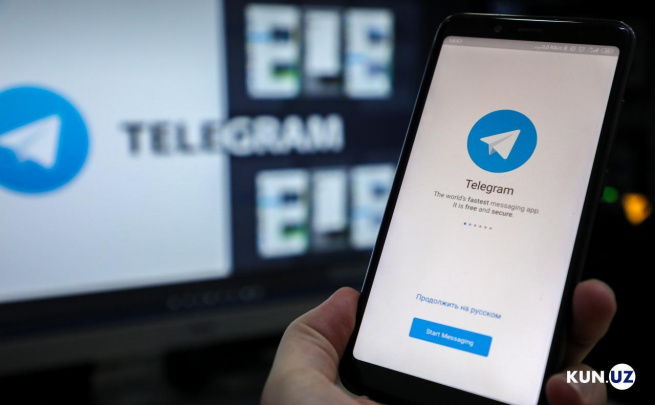
13:57 / 20.03.2025
Telegram surpasses 1 billion active users, closes in on WhatsApp’s dominance
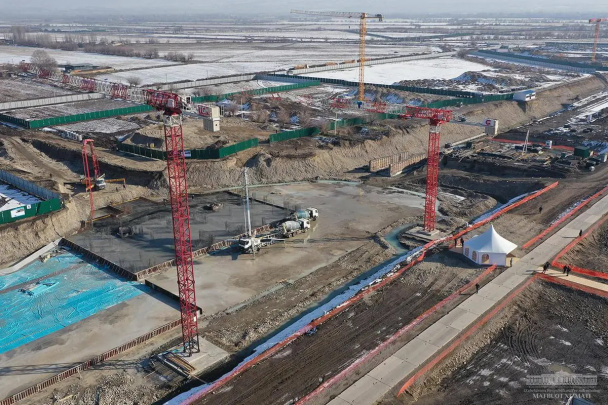
16:20 / 04.03.2025
Employment Ministry introduces Telegram bot to address job application overload
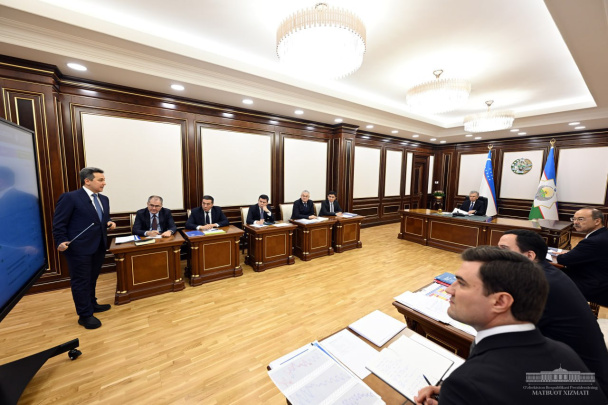
18:46 / 06.01.2025
President Mirziyoyev instructs to develop proposals for the creation of a cloud data center
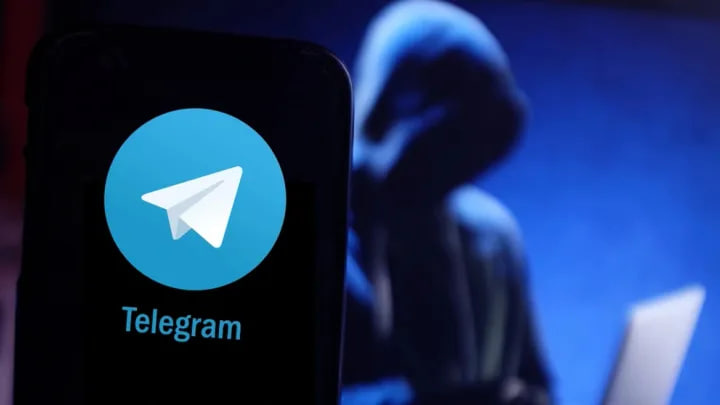
14:32 / 07.11.2024



